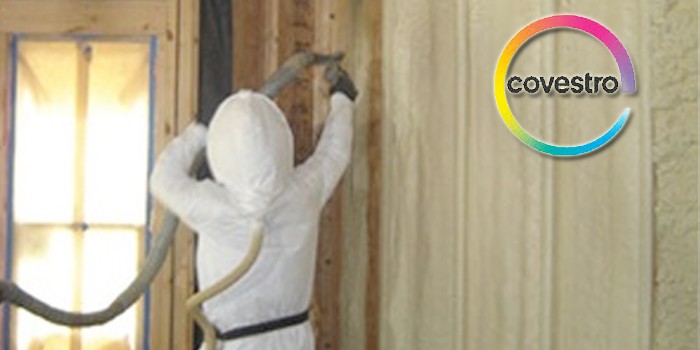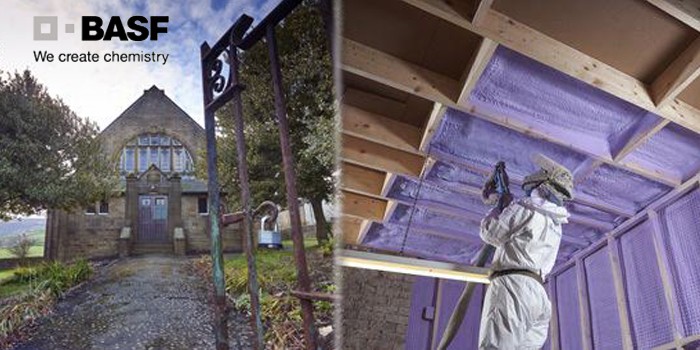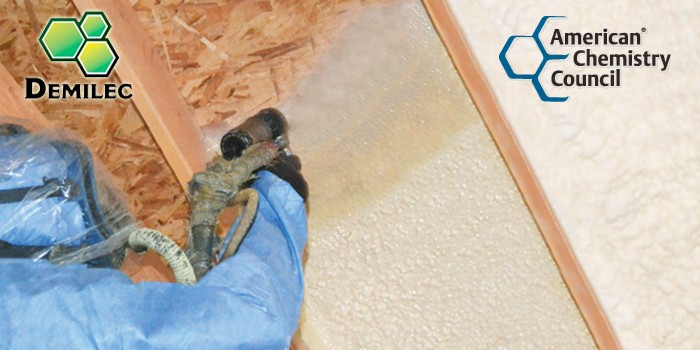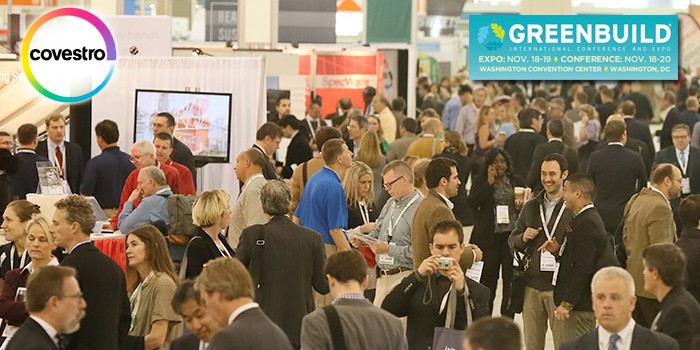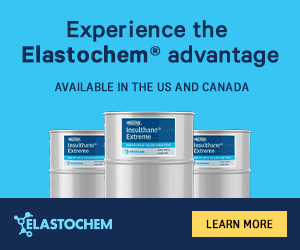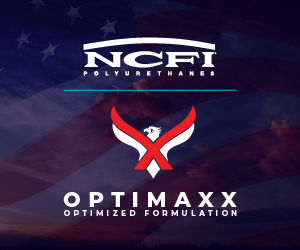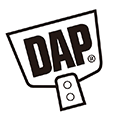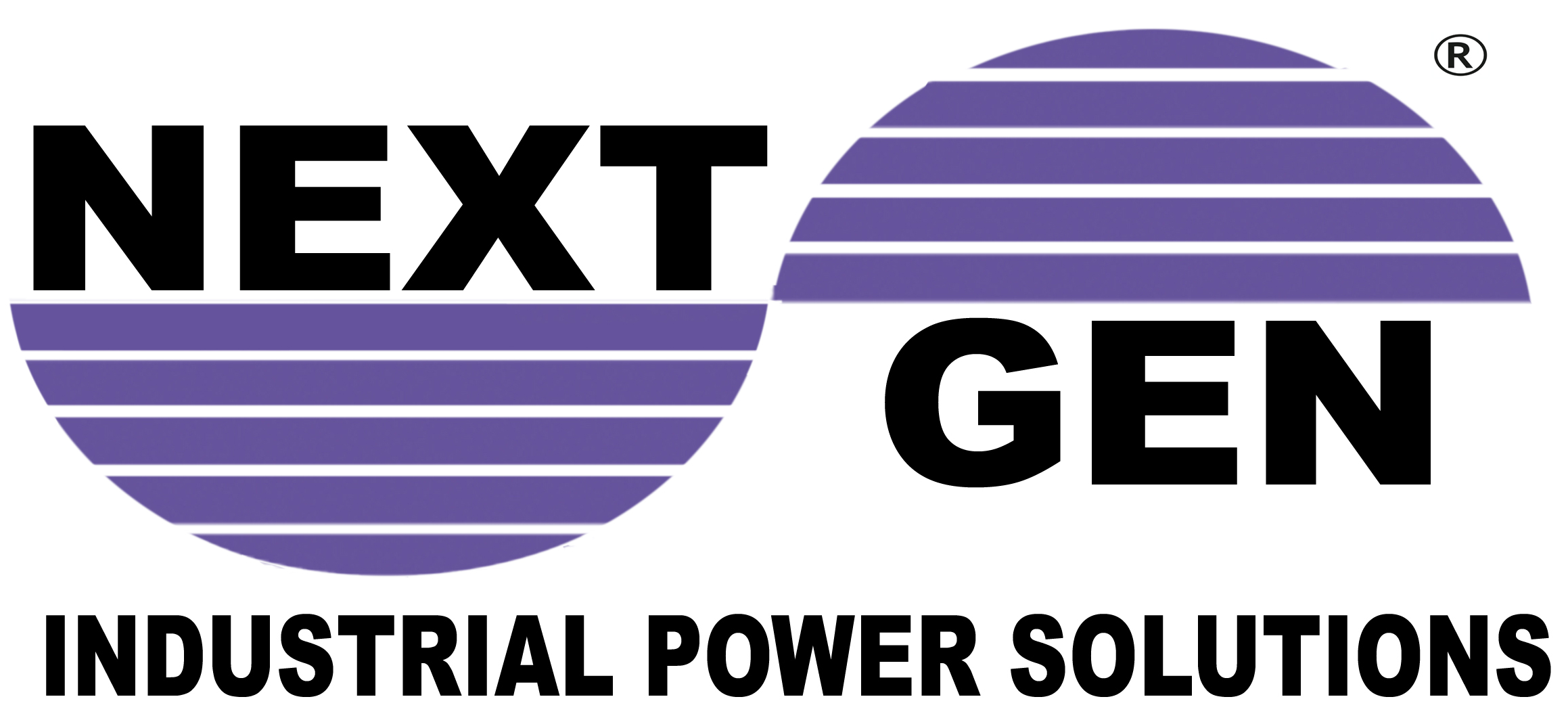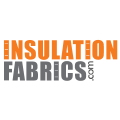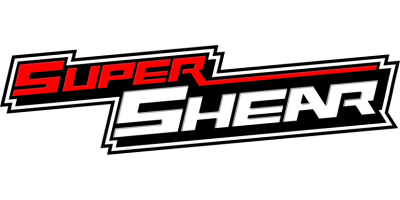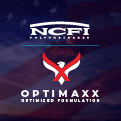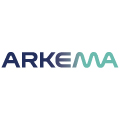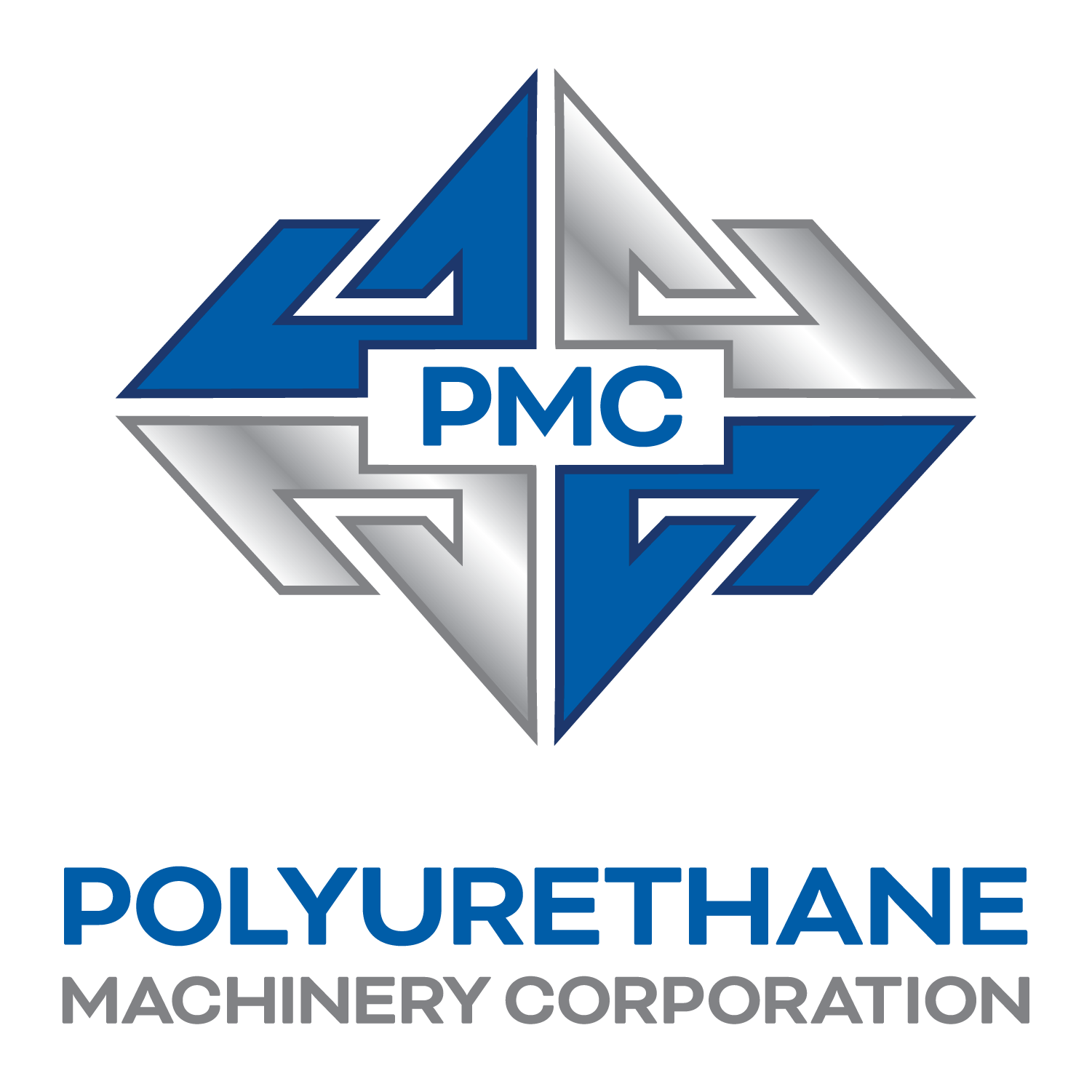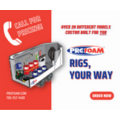A Lifetime of Value
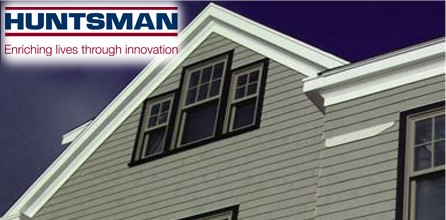
Along the Massachusetts Coast, sits Scituate, a town known for its commercial fishing fleet, the Scituate Lighthouse and the Lawson Tower. Another thing Scituate is known for is its weather – mild during the summer, when temperatures tend to be in the 70s, and very cold and wet during winter, when temperatures tend to be in the 20s. When designing homes for this coastal town, builders must take into consideration the cold climate coupled with an average rainfall of 51 inches per year. The key is to design homes with an air, vapor and thermal barrier around the home's exterior to keep out the wind, cold air and moisture. Homes need to be constructed as tight as possible, while maintaining proper ventilation mechanically. The homeowner elected to go with closed cell spray polyurethane foam (SPF) for his new home construction, as it was the best product to provide a robust air, vapor and thermal barrier.
"SPF acts as an air-tight shield around the exterior of the home," said Alice Brown, an independent project manager. "This prevents air, moisture and dampness from entering, and helps keep the home extremely comfortable."
During construction, six inches of CertainTeed CertaSpray™ Closed Cell Foam, R-38, were applied directly to the underside of the roof deck to create an unvented attic assembly. Four inches of CertaSpray Closed Cell Foam, R-25, were applied in the wood frame wall cavities, while six inches of closed cell SPF, R-38, were applied between floor joists. In all three areas, closed cell SPF's superior R-value allowed the homeowner to achieve higher R-values (in the same size cavity) than would have been possible with traditional fibrous insulation. The closed cell SPF also provided the water vapor retarder required in Northern climates, in this case Climate Zone 5. To complete the spray foam air barrier system, low-expansion, one-component foam and latex caulk were used to seal rough opening voids, seams and joints. This exceptional building enclosure helped the home to achieve a HERS index of 64, meaning the home is expected to use 36% less energy when compared to a home built to the 2004 IECC. Given that a typical home uses ~40% of its energy on space heating and cooling, this is a remarkable achievement. The modeled energy consumption for heating was 40% less than the average New England home as reported by the EIA's Residential Energy Survey.
Air Tightness
One of the primary reasons this home is so energy efficient is air tightness. A certified HERS rater found 2.4 air changes per hour at 50 Pa when measured using a blower door test. This translates to ~ 0.18 NACH (natural air changes per hour) for this two-story exposed home, meaning approximately 18 percent of the home's air volume will be replaced every hour via air infiltration. With the spray foam air barrier, the Scituate House allows 80% less air infiltration when compared to new homes built between 1993 - 2002.
By building a tight home, the need to condition all the external air that infiltrates normal homes was nearly eliminated, thus drastically reducing energy usage for heating and cooling. To meet ASHRAE Standards, controlled mechanical ventilation was added to the home using a heat recovery ventilator (HRV). By controlling air infiltration, unwanted allergens and pollutants, e.g., pollen and dust, and sound stay out of the home improving indoor air quality. Lastly, the air tight, properly insulated wall assemblies prevent internal moisture from making its way to the cold exterior surface, condensing, and then causing mold or rot.
Downsizing HVAC Equipment
Less air changes per hour also mean that the heating, ventilating and cooling (HVAC) equipment have a lot less work to do. The general rule-of-thumb for HVAC equipment in Massachusetts is 1 ton of cooling capacity per 600 square feet and 45-50 BTU/hr per square-foot of heating capacity. With the rule of thumb, this home would require a 5-ton air conditioning unit and a 145,000 BTU/hr heating unit. Because SPF significantly reduces infiltration of unconditioned air, the heating and cooling design loads of this home are significantly smaller than the rule of thumb. A Manual J HVAC load calculation was performed to determine the proper size for the HVAC equipment. Right sizing HVAC equipment is critical to prevent short cycling, which can affect comfort, reduce energy efficiency, limit A/C dehumidication capacity and shorten equipment life. For this super tight, well-insulated home, the appropriate sizing for the HVAC equipment was 2 ton of A/C and 32,000 BTU/hr of heating. As with any tight home, the combustion appliances installed utilized sealed combustion air to prevent flue gas spillage into the home and backdrafting.
Economics
Not only does SPF save energy, but it also saves money. The home was modeled with SPF and fiberglass using 2009 IECC R-value requirements, (slightly lower than the as-installed R-values). Energy models estimated $1,162 savings per year, resulting from utilizing SPF and an unvented attic compared to utilizing fiberglass and a vented attic. Natural gas accounted for $1,245 in savings. The annual electricity usage was $83 higher in the SPF case, due to the HRV fan usage (this was offset by lower A/C usages). The overall savings resulted from large reductions in air infiltration, bringing ducts inside conditioned space, and higher quality installation of insulation*. The incremental cost of adding spray foam to this house, rather than fiberglass, was estimated at $7,739. The $1,162 annual savings were escalated based on Department of Energy's Energy Information Administration forecasts. Based on this model, the projected simple payback is less than 6 years, considerably better than many other energy efficiency measures.
Conclusion
CertaSpray Closed Cell Spray Foam will provide a lifetime of the value to the homeowner in both energy savings and comfort. This well-built home will not only save approximately $100/month in energy bills, but it will also insulate the owner's wallet from further rises in electricity and natural gas costs. When designed properly with sealed-combustion appliances and mechanical ventilation, the indoor air quality will far exceed that found in homes without air barriers. Perhaps most importantly, sealing off the harsh environs of the cold and wet Massachusetts coasts with a continuous air barrier and vapor retarder, such as SPF, will ensure the home will be durable enough to be enjoyed by generations to come.
About Huntsman:
Huntsman is a global manufacturer and marketer of differentiated chemicals. Its operating companies manufacture products for a variety of global industries, including chemicals, plastics, automotive, aviation, textiles, footwear, paints and coatings, construction, technology, agriculture, health care, detergent, personal care, furniture, appliances and packaging. Originally known for pioneering innovations in packaging and, later, for rapid and integrated growth in petrochemicals, Huntsman today has more than 11,000 employees and operates from multiple locations worldwide. The Company had 2009 revenues of approximately $8 billion. For more information about Huntsman, please visit the Company’s website at www.huntsman.com.
About CertainTeed:
Through the responsible development of innovative and sustainable building products, CertainTeed has helped shape the building products industry for more than 100 years. Founded in 1904 as General Roofing Manufacturing Company, the firm's slogan "Quality Made Certain, Satisfaction Guaranteed," quickly inspired the name CertainTeed. Today, CertainTeed® is North America’s leading brand of exterior and interior building products, including roofing, siding, windows, fence, decking, railing, trim, foundations, pipe, insulation, gypsum, ceilings and access covers.
A subsidiary of Saint-Gobain, the world’s largest building products company, CertainTeed and its affiliates have more than 6,000 employees and more than 65 manufacturing facilities throughout the United States and Canada. In 2009 and 2010, CertainTeed, which is headquartered in Valley Forge, Pa., was named ENERGY STAR Partner of the Year by the U.S. Environmental Protection Agency, a national award that recognizes environmentally responsible corporations. The group had total sales of approximately $3 billion in 2009. www.certainteed.com.
Forward-Looking Statements:
Statements in this release that are not historical are forward-looking statements. These statements are based on management’s current beliefs and expectations. The forward-looking statements in this release are subject to uncertainty and changes in circumstances and involve risks and uncertainties that may affect the company’s operations, markets, products, services, prices and other factors as discussed in the Huntsman companies’ filings with the U.S. Securities and Exchange Commission. Significant risks and uncertainties may relate to, but are not limited to, financial, economic, competitive, environmental, political, legal, regulatory and technological factors. In addition, the completion of any transactions described in this release is subject to a number of uncertainties and closing will be subject to approvals and other customary conditions. Accordingly, there can be no assurance that such transactions will be completed or that the company’s expectations will be realized. The company assumes no obligation to provide revisions to any forward-looking statements should circumstances change, except as otherwise required by applicable laws.
Disqus website name not provided.






